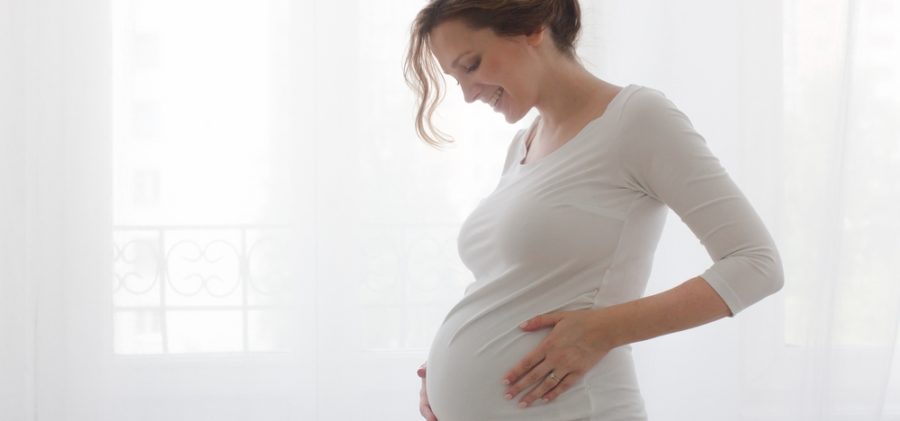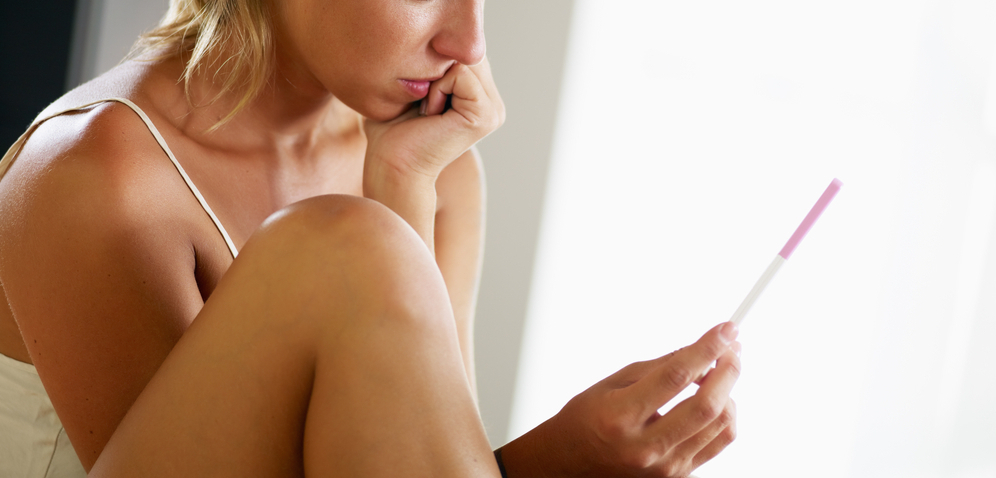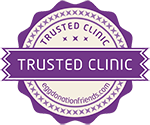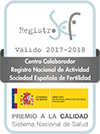The egg donors are women who voluntarily and anonymously decide to donate their gametes to help other women and couples who cannot conceive naturally.
The donation does not affect donor’s fertility. Every woman is provided with 400.000 oocytes since her birth (which can mature into possible future eggs). Different oocytes are released during each menstrual cycle but there is only one dominant egg which continues to develop. The aim of administering hormonal therapy to the donor during the donation procedure is by making viable the other oocytes produced during the menstrual cycle. These oocytes are the ones to be donated and in this way we make the most of the oocytes which were going to be lost on that month.
Consequently, the egg donation which consists of delivering your own gametes to another person doesn’t provoke the definite loss of fertility. We can say that this is a way of taking advantage of some of the eggs which a woman is never going to use.
Who are the egg donors?
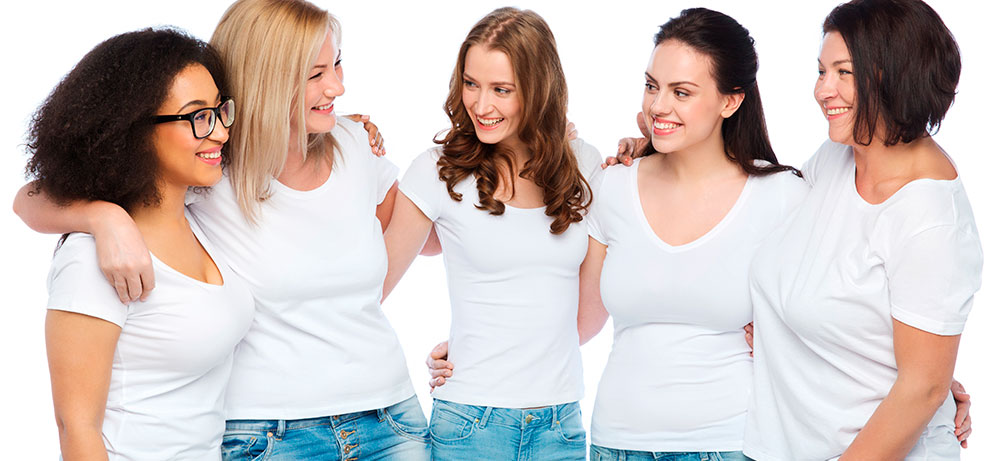
Becoming egg donors is not a simple process since they are subjected to rigorous medical and psychological examinations prior the donation. Moreover, they have to be young women: Eva Clinics age limit to donate eggs is 30 years old. It would be impossible to perform assisted reproduction treatments such as IVF and IVF with egg donor without this supportive act.
The profile for donors is being young and healthy woman who desires helping other women to become mothers. Usually they are women committed to social issues; many times they are also blood donors and university students.
The egg donation act is regulated by law
On the other hand, the egg donation is a procedure which is totally regulated by current law. According to law, the only outcome for egg donation is helping all those patients with fertility problems who want to have a child. Selling eggs, sperm and embryos are forbidden by Spanish law.
The common profile of a patient who needs the egg donation includes:
- Women with ovarian problems: primary or premature ovarian failure.
- Women with ovarian dysfunction and loss of ovarian quality.
- Women with genetic disease that can be transferred to their offspring and cannot be detected by Preimplantation genetic diagnosis technique.
- Women with a recurrent failure in IVF cycles with their own eggs.
- Women with severe
- Women over 43, at this age the pregnancy rate drops considerably.
- Cases of recurrent miscarriage.
- Women who suffer from any kind of disease that may contraindicate ovarian stimulation.
- Women who became infertile after being subjected to chemotherapy or radiotherapy.


